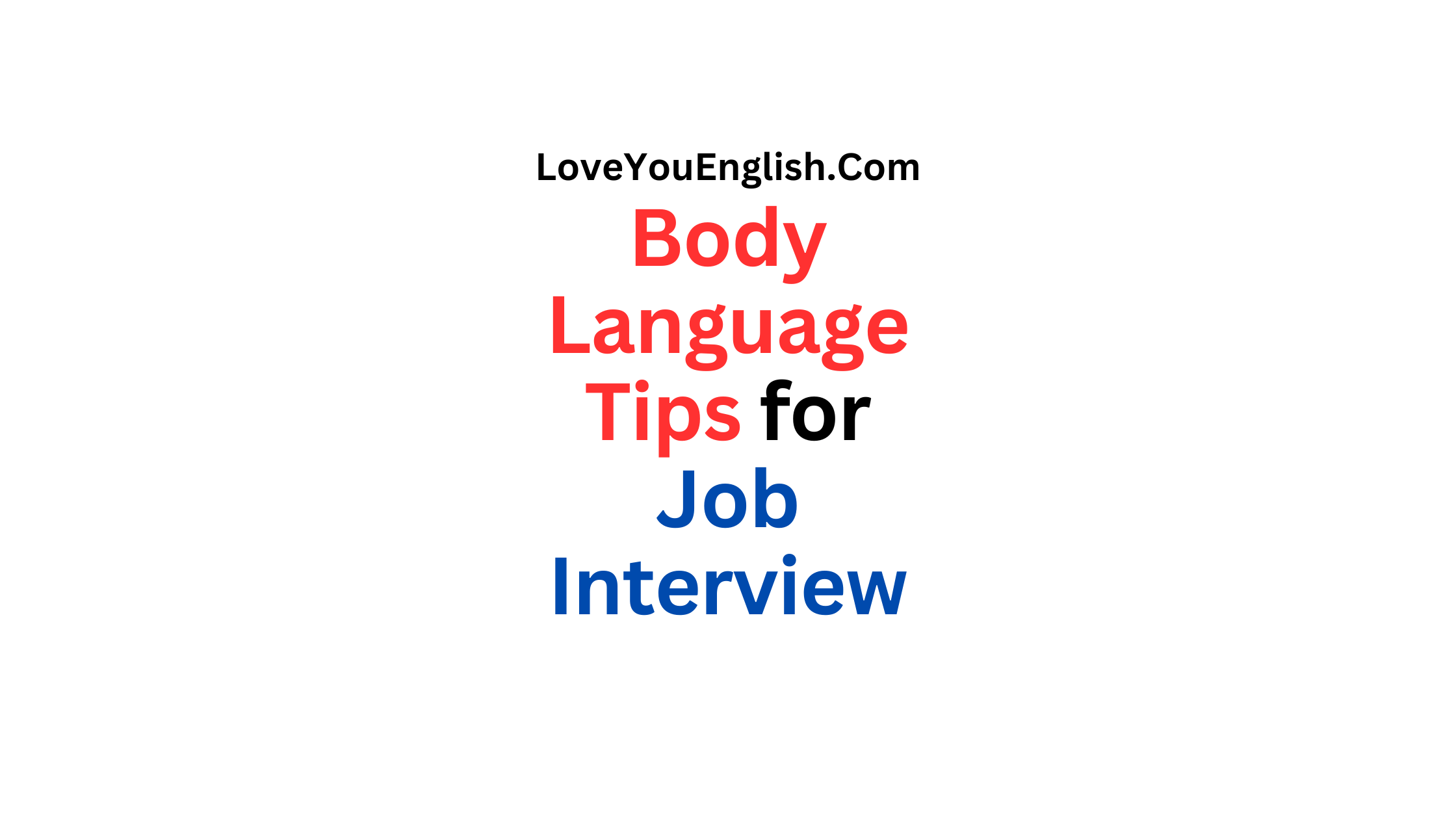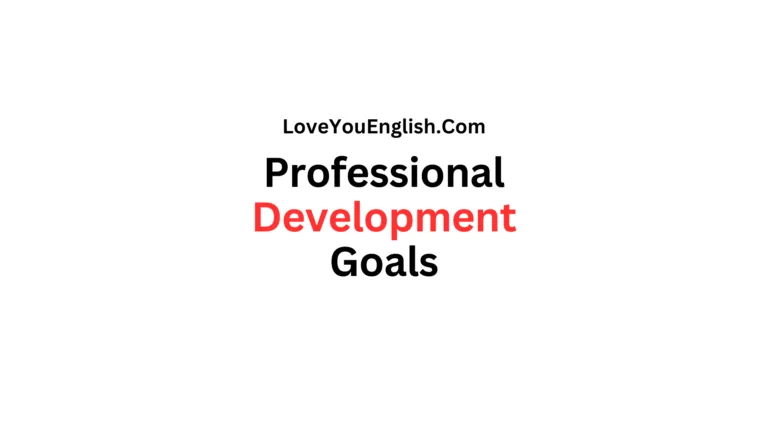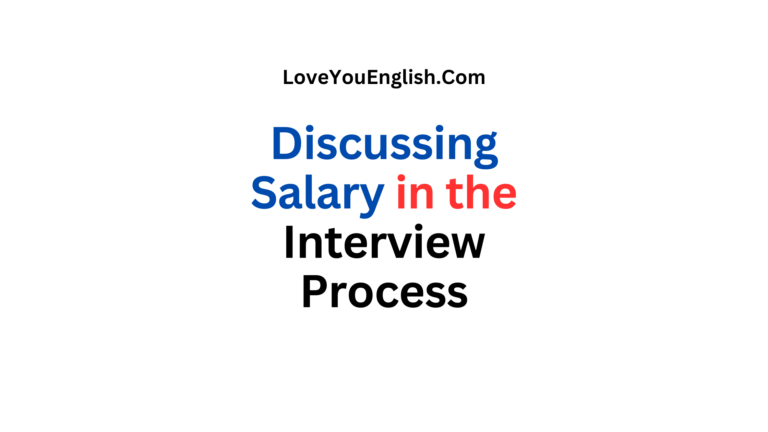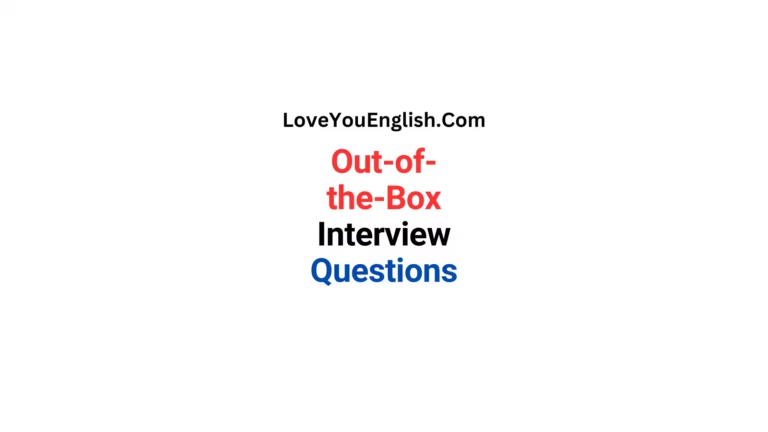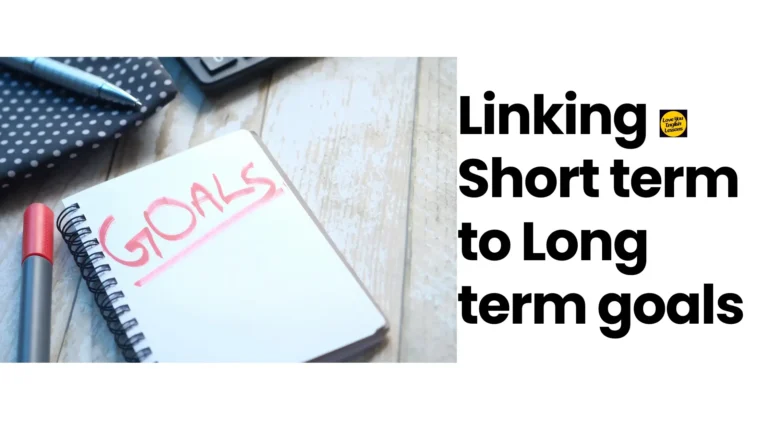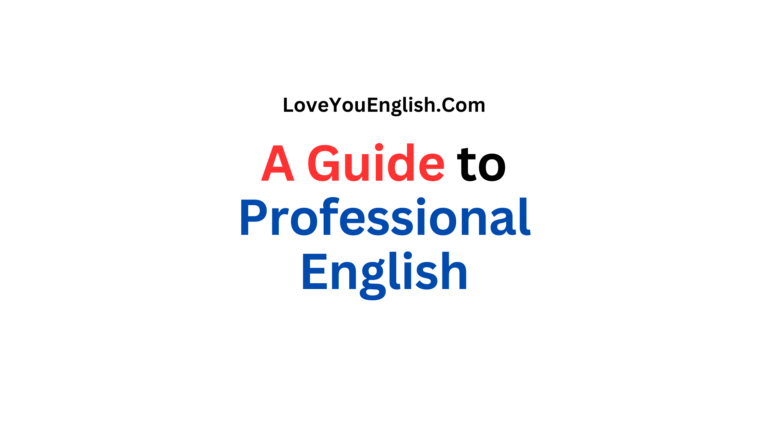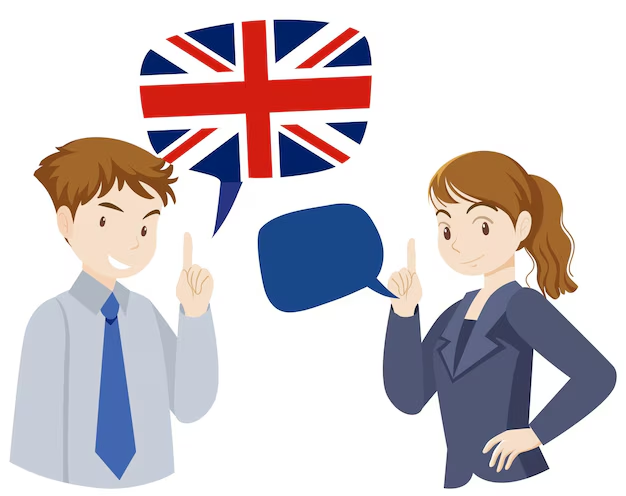Body Language Tips for Job Interviews
When you’re going for a job interview, how you act and present yourself matters just as much as what you say. While words are important, your body language can make a huge difference in how you’re perceived.
Your posture, facial expressions, and movements can show whether you’re confident, interested, and fit for the role.
I will guide you through the body language tips you should follow during your job interview.
I’ll also discuss what to avoid doing so that you leave the best possible impression.
Why Body Language Matters
Before we dive into specific tips, it’s important to understand why body language is so important. People often judge others by what they see first. Studies show that people tend to form an opinion about someone in just a few seconds, often based on their non-verbal communication. In a job interview, your body language speaks volumes about your personality, your confidence, and how prepared you are.
Your body language can help you:
- Show Confidence: When you sit or stand up straight, smile, and make good eye contact, it shows you are confident and professional.
- Build Rapport: Non-verbal cues help you connect with the interviewer. Matching their body language can make you seem more approachable and friendly.
- Convey Interest: Your posture and expressions can show that you are interested in the job and the conversation.
- Avoid Misunderstandings: Poor body language can give the wrong message. If you’re nervous or closed off, it might be misinterpreted as a lack of interest or confidence.
Now, let’s break down the specific body language tips that will help you perform your best during a job interview.
Body Language Tips to Do
1. Maintain Good Posture
How you sit or stand speaks a lot about your attitude. Sitting or standing up straight shows that you are engaged and confident. Avoid slouching, as it can make you appear uninterested or nervous.
- What to Do: Keep your back straight and shoulders relaxed. If you’re sitting, make sure your feet are flat on the floor, and avoid crossing your arms. This shows that you’re open and approachable.
- Why It Helps: Good posture reflects your professional attitude and self-assurance, which are qualities employers appreciate.
2. Smile Gently
Smiling is one of the easiest ways to show warmth and approachability. It helps to create a positive environment and makes you seem friendly.
- What to Do: Smile naturally when you greet the interviewer and when you’re listening to them. A genuine, subtle smile is better than forcing one.
- Why It Helps: A warm smile shows that you’re positive and enthusiastic about the opportunity, and it makes you seem like someone others would enjoy working with.
3. Make Eye Contact
Making eye contact with the interviewer is crucial. It shows that you’re focused, confident, and interested in the conversation. However, staring intensely can be uncomfortable, so balance is key.
- What to Do: Maintain eye contact for a few seconds at a time, then glance away briefly before returning your gaze. Look at the interviewer’s eyes, but don’t be afraid to occasionally glance at other parts of their face.
- Why It Helps: Eye contact builds trust and shows that you’re engaged. It also helps you seem more confident and capable.
4. Use Hand Gestures
Using your hands to express yourself can make you appear more passionate and enthusiastic about what you’re saying. However, overusing hand gestures can be distracting, so moderation is important.
- What to Do: Use your hands to emphasize points but keep them controlled. If you’re sitting, keep your hands on your lap or the table. If you’re standing, try not to let your hands swing around wildly.
- Why It Helps: Controlled hand gestures help convey your message more clearly and make you seem more confident and trustworthy.
5. Lean Forward Slightly
Leaning forward just a little bit shows that you’re interested in the conversation and eager to hear more. It creates a feeling of connection without being too intrusive.
- What to Do: While sitting, lean slightly forward when the interviewer is speaking. This shows active listening and interest. Be careful not to lean too far forward, as it can seem invasive.
- Why It Helps: Leaning in makes you seem more engaged and shows that you care about what the interviewer is saying.
6. Nod to Show Understanding
When the interviewer is talking, nodding your head slightly helps show that you’re paying attention and following the conversation.
- What to Do: Nod gently when the interviewer makes a point that you agree with or when they’re explaining something important.
- Why It Helps: It signals to the interviewer that you’re listening, understanding, and involved in the discussion.
Body Language Tips to Avoid
While there are many things you can do with your body language to create a positive impression, there are also behaviors to avoid. These actions can give the wrong impression and hurt your chances of getting the job.
1. Avoid Crossing Your Arms
Crossing your arms across your chest can make you look closed off or defensive. It might suggest that you’re not open to the conversation or are feeling uncomfortable.
- What to Avoid: Don’t fold your arms in front of you, especially if you’re feeling nervous. Instead, keep your arms relaxed at your sides or use gentle hand gestures.
- Why It’s Bad: Crossing your arms can make you seem uninterested or unapproachable, which can hurt your chances of making a positive connection with the interviewer.
2. Don’t Fidget or Play with Your Objects
Fidgeting with a pen, tapping your feet, or adjusting your clothing can show nervousness or discomfort. It distracts the interviewer from what you’re saying.
- What to Avoid: Avoid tapping your fingers or feet, playing with your hair, or fiddling with anything in your hands.
- Why It’s Bad: Fidgeting suggests that you’re anxious or not fully focused on the interview. It can make you appear less confident and less professional.
3. Don’t Stare at the Ground or Your Phone
Looking at the ground or checking your phone during an interview can make you seem distracted or disengaged. It shows a lack of focus and respect for the interviewer.
- What to Avoid: Keep your eyes on the interviewer and avoid looking down or checking your phone unless it’s an emergency.
- Why It’s Bad: Looking away from the interviewer can make you seem uninterested, which is not the impression you want to give in a job interview.
4. Avoid Over-Apologizing with Your Body
While it’s okay to show humility, excessive apologizing with your body—like slouching, lowering your gaze, or shaking your head—can signal that you lack confidence.
- What to Avoid: Don’t over-apologize with your posture or facial expressions. Try to remain confident and poised throughout the interview.
- Why It’s Bad: Over-apologizing can make you look insecure. Employers want to see that you are confident in your abilities.
5. Don’t Be Too Casual or Overly Relaxed
While you want to appear approachable and comfortable, being too relaxed or too casual in your body language can make you look unprofessional.
- What to Avoid: Don’t lean back too much in your chair or stretch out too much. Avoid using overly relaxed body language like slouching or letting your arms hang loosely.
- Why It’s Bad: Being too casual can make it seem like you’re not taking the interview seriously or that you’re not professionally suited for the role.
6. Avoid Nervous Smiling
While smiling is important, nervous or forced smiles can make you appear less genuine.
- What to Avoid: Don’t smile constantly or in situations where it doesn’t match the conversation. A nervous smile or a smile during a serious topic can make you seem insincere.
- Why It’s Bad: Nervous smiling can make you seem uncomfortable or untrustworthy, which is not the impression you want to leave.
Conclusion
Your body language can play a big part in whether or not you get the job. The way you sit, stand, and move during your interview speaks volumes about your confidence, attitude, and professionalism. By following the tips we’ve shared—like maintaining good posture, smiling naturally, making eye contact, and avoiding negative body language—you can ensure that your body language supports your words and helps you make a positive impression.
Remember, the goal is to appear confident, approachable, and engaged without being overly nervous or stiff. With these tips in mind, you’ll be better prepared to make a strong and lasting impression in your next job interview.
Good luck!
Read more:
- How to Become a Digital Nomad
- How to Update Your Résumé for a Career Change
- 10 Signs of a Bad Interviewer: Red Flags in Your Job Search
- Managing Stress & Anxiety in Job Interviews
- Discussing Salary in the Interview Process

